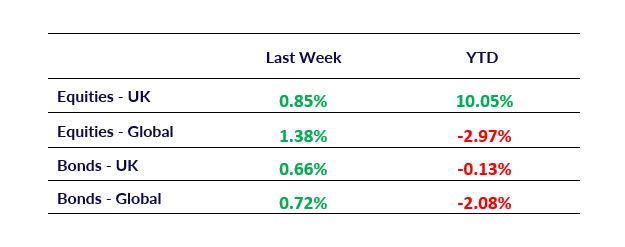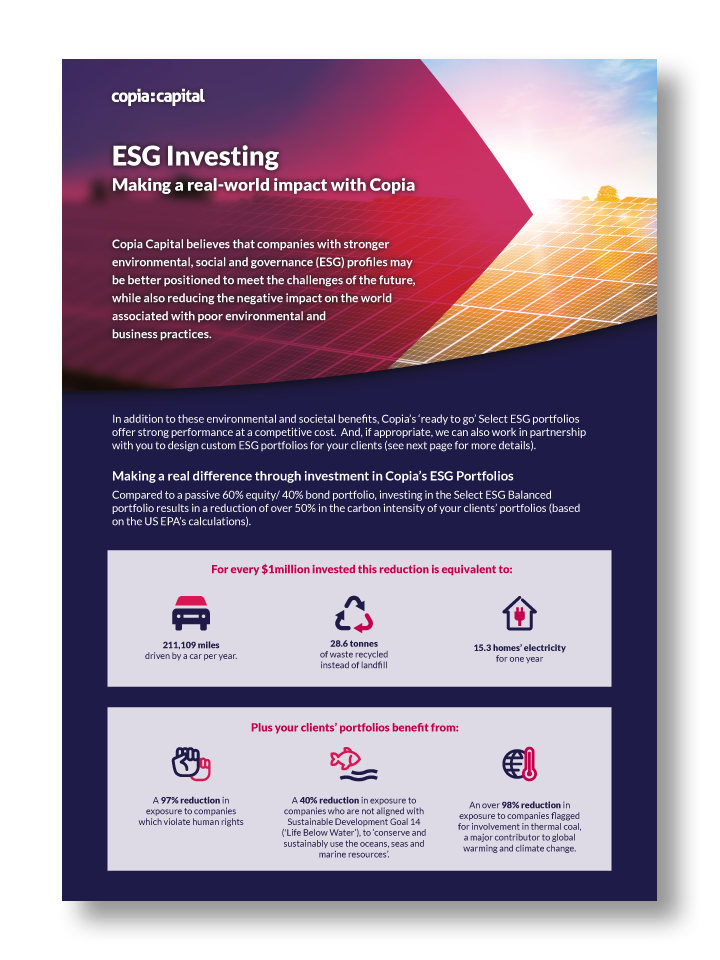The infoshot to help kick-start your week
Tariffs blocked and unblocked
On Wednesday, the New York based US Court of International trade ruled that Trump did not have the authority to impose the vast majority of his global tariffs. Major trade changes, like tariffs, normally need congressional approval but so far Trump has been bypassing that by invoking the International Emergency Powers Act of 1977. The bipartisan three-judge panel ruled that the act did not give him the power to impose his import taxes. However, by Thursday evening, a federal court put a temporary hold on the ruling allowing the tariffs to remain in place for now. The next hearing will take place this Thursday.
During a rally in Pittsburgh on Friday, Trump announced he is going to double his tariff on steel and aluminium from 25% to 50%. The new rate will come into effect this week on Wednesday. It’s not clear how this will impact the UK’s recent trade deal with the US where UK negotiators managed to secure no tariffs on British steel. The original 25% tariff is still in place while details of the deal are still being worked out. The entire tariff situation has become very messy and hard to keep up with. Here’s a brief overview of where some of the key tariffs stand as I write this morning:
- China – following an agreement to lower rates, the current rate on Chinese goods is 30%.
- EU – the initial 20% tariff was reduced to 10% while negotiations take place. A 50% tariff is proposed if a deal can’t be made by 9 July 2025.
- UK – 10% blanket tariff remains on UK exports. Higher steel and aluminium tariffs remain in place until the trade deal agreements are implemented.
- Mexico and Canada – 25% tariff on all goods except for oil and energy exports which are subject to a 10% tariff.
- Global steel and aluminium – the 25% tariff rises to 50% on Wednesday 4 June.
- Smartphones – a 25% tariff on smartphones not manufactured in the US is set to take effect by the end of June 2025.
- Cars and automobiles – 25% tariff on cars and light trucks.
The knock-on effects from the tariffs were visible in last week’s US jobless numbers as the number of new weekly applicants for unemployment benefits increased more than expected to 14,000.
Musk goes back to the day job
Elon Musk’s contract with the government ended on Friday. His controversial time at Doge saw him claim he’d cut “at least $2tn” of government spending, but this shifted down to just $150bn by the end. Musk will now spend more time back with Tesla and SpaceX. Following the backlash to his time in Doge and competition from China, Tesla’s European sales were down 49% year on year in April, despite overall battery car sales being up 34%.
In contrast, Nvidia released results that beat expectations last week. Quarterly revenues jumped 69% to $44bn and the company said it expects deals in the Middle East to fill some of the gap caused by Trump’s restrictions on AI chip exports to China. Shares in Nvidia rose nearly 6%, helping the Nasdaq climb 2% on the day.
UK-Gulf trade deal is close
According to reports last week, the UK is on the verge of signing a £1.6bn trade agreement with the Gulf Cooperation Council. It would be the fourth trade agreement set up by Starmer following pacts with the US, India and the EU. The council includes Bahrain, Kuwait, Oman, Qatar, Saudi Arabia and the UAE.
Reports suggest the deal is in its final stages and the government hopes it will ultimately add an extra £8.6bn a year to the UK economy. Financial services and car manufacturers are likely to be major beneficiaries of the deal. There are no details on what, if any, provisions over human rights, migrant worker welfare and the environment will be included in the finalised deal.

Coming Up:
- Fed chair Powell speech, Monday 2 June 2025 at 18:00pm
- US job openings data, Tuesday 3 June 2025 at 15:00pm
- ECB interest rate decision, Thursday 5 June 2025 at 13:15pm
Notice:
For regulated financial advisers and investment professionals only, Copia does not provide financial advice, and the contents of this document should not be taken as such. The performance of each asset class is represented by certain Exchange Traded Funds available to UK investors and expressed in GBP terms selected by Copia Capital Management to represent that asset class, as reported at previous Thursday 4:30pm UK close. Reference to a particular asset class does not represent a recommendation to seek exposure to that asset class. This information is included for comparison purposes for the period stated but is not an indicator of potential maximum loss for other periods or in the future.



